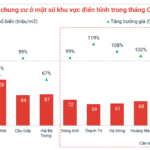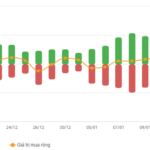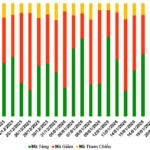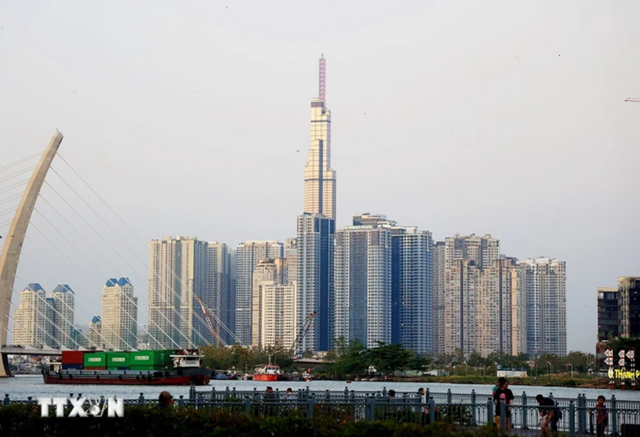
Speaking at the seminar “Quenching the Thirst for Affordable Housing and Solutions to Attract Residents to New Urban Areas,” Mr. Nguyen Thanh Quyen – CEO of Thang Loi Group – expressed optimism about the future of affordable housing. Over the next decade, the market is expected to boom in two segments: affordable housing and luxury residences. These segments will lead the market.
According to Mr. Quyen, this optimism is not based on intuition but on the government’s clear policies. After years of stagnation, particularly in Ho Chi Minh City, the integration of administrative boundaries and new directives have opened up new development opportunities. However, he emphasized, “The biggest headache for businesses isn’t a difficult market, but unclear legal frameworks.”
“For businesses, hearing the term ‘rescue’ in real estate is painful. What we truly need is clarity. Specifically, legal clarity. Currently, the legal framework lacks synchronization, with conflicting laws creating significant hidden costs for project development,” he stated.
Mr. Quyen also highlighted recent positive changes, particularly the more transparent method of determining land prices. The introduction of adjustment coefficients and periodic land price tables is a significant step forward, helping to remove long-standing constraints on businesses.
Regarding social housing, he believes the market is entering a period of “liberation” as the three major bottlenecks – input costs, profit caps, and beneficiary criteria – have largely been resolved.
“Previously, a 10% profit margin posed significant risks for businesses. Now, it’s increased to 13%, and I believe this figure will become even more flexible in the future,” he noted, adding that Thang Loi Group has registered two projects and is awaiting approval for three more.
His confidence also stems from expanding credit systems supporting young people: “Four major banks now offer preferential programs for individuals under 35, with interest rates as low as 5.5% and extended grace periods. I truly believe that in the next decade, Vietnam’s younger generation will have the opportunity to own their first home.”
Thang Loi Group is currently developing 10,000 commercial apartments priced at approximately 30 million VND per square meter, with an initial payment of just 179 million VND. Mr. Quyen shared: “Businesses don’t need to get rich quickly; they need sustainable wealth. We’re willing to move slower, as long as we contribute to the community, pay taxes fully, and create jobs. Sustainable wealth comes from a stable social foundation.”
According to him, the market has entered its fourth cycle, characterized by clear purification: “Real estate development today can’t be done haphazardly. Developers must possess three key elements to survive: land reserves, strong financial foundations, and genuine implementation capabilities.”
Thang Loi Group has prepared for this new cycle by forming alliances with partners like Go An Cuong, Central, and others, each taking on a specific role in the value chain to share risks and enhance efficiency.
With a long-term vision, the CEO of Thang Loi Group stated: “With the stable leadership of the Party and the Government, Vietnam will continue its robust development. The new real estate market cycle is one of purification, trust, and genuine value. Guided by the principle of ‘sustainable wealth,’ we aim to contribute modestly to this journey.”
Up-Close Look at Two Residential Land Plots Allocated by Hanoi to Hacinco for Social Housing Development
Hanoi has recently allocated two prime plots of land adjacent to the Ring Road 3 to Hacinco (Hanoi Construction Investment Company No. 2) for the development of a social housing project in the new urban area of Dai Kim (Dinh Cong Ward). This move comes in response to the growing shortage of affordable housing options in the city.
Five-Year Ban Proposed for Land Auction Defaulters by the Ministry of Justice
The Ministry of Justice has proposed stringent penalties for bidders who default on land auctions, including a ban from participating in future auctions for a period ranging from 6 months to 5 years. Additionally, defaulters will be required to fully compensate for any damages incurred as a result of their non-compliance.




















